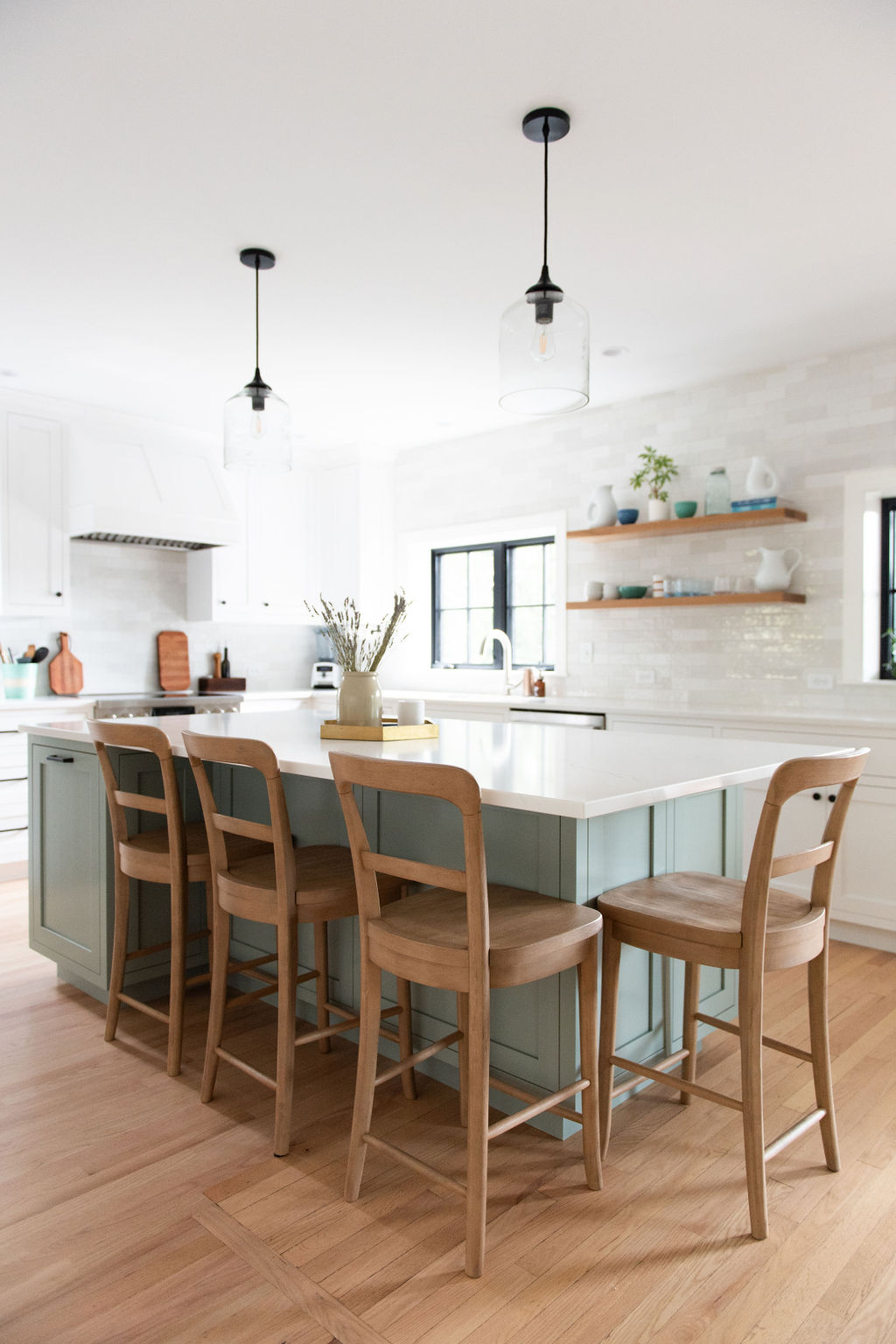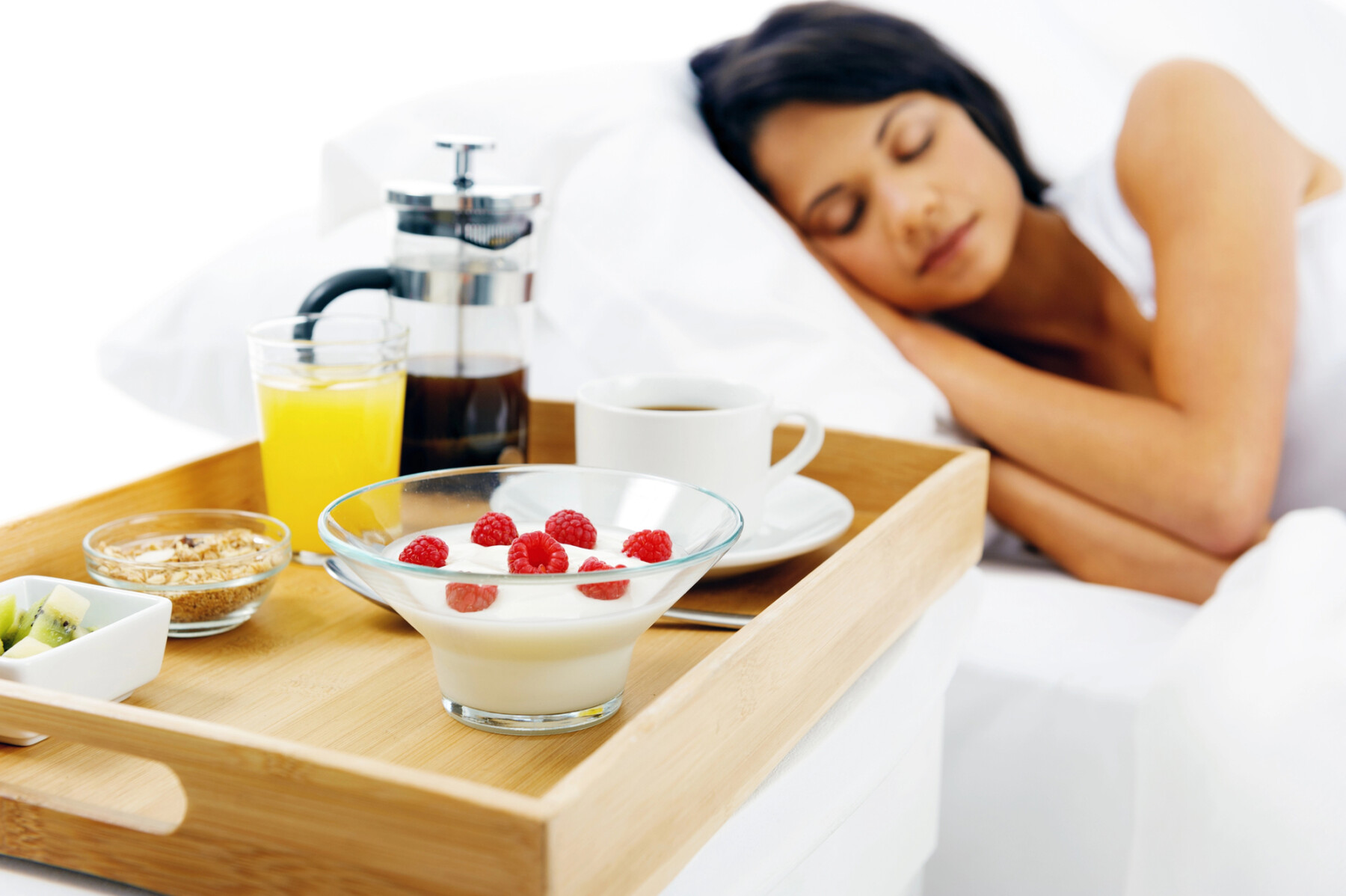I am constantly getting rid of things I don’t use and brainstorming ways to rearrange what I do use to create more efficient systems in my whole house. Let me show you my home neat home methods in the kitchen and how to declutter your kitchen cabinets in 5 steps.
How To Declutter Your Kitchen Cabinets
Clutter will always come in
Fact: no matter how hard you try, you can’t make your cabinet space grow bigger. So you have to make your stuff shrink! Even after being in our new kitchen for six months, clutter is starting to accumulate in the cabinets, drawers, and pantry (always the pantry!)
I declutter my kitchen cabinets a few times a year. Like all home organization systems, stuff comes in more than it goes out so over time we tend to accumulate. Kids cups, coffee to-go mugs, extra Tupperware – where does this stuff that clutters up your kitchen even come from!?
Opening a kitchen cabinet to find an avalanche of plastic cups is no way to live. I’ve organized large kitchens and small kitchens – there will always be a kitchen storage shortage, so we have to shrink what we have to fit.
Inventory Day
While I thin out my kitchen a few times a year, it’s a good idea to have an inventory day to get your kitchen in order. This time is where you look way back in the back of your cupboards and drawers and question every single dish and platter you own. A little time and effort and you’ll make your life easier for the months to come.
I have a downloadable guide to a more simple kitchen with an inventory checklist to help you figure out what you want to keep and what you can live without so you can donate the rest. Less is more!
Keep what you use 80% of the time
You know how you wear 20% of your clothes 80% of the time? Chances are the contents in your kitchen cabinets follow the same pattern.
Take five days (or five hours or five weeks!) to follow these steps and go from towers of Tupperware to a clutter free kitchen with neat shelves and clear counter space stocked with things you actually use and love. Be ruthless! The less you have, the easier it is to keep it all neat and tidy so you can focus on what’s most important: cooking great food.
OK now the fun part!
How To Declutter Your Kitchen Cabinets
Step 1. Remove everything you don’t use weekly
Don’t keep 25 plastic kids cups if your dishwasher cycle consistently use 5. Take out anything that is broken or chipped. Pair down the Tupperware. Donate rarely used coffee to-go cups. (Because if you’re like me, you only use your Yeti!)
Step 2. Relocate seldom used kitchen appliances or serving dishes
Now you’re left with things you want to keep but you rarely use. That waffle maker you only use on Christmas morning or bread machine you are not quite ready to part with do not need million-dollar waterfront lots! Could you store them in your dining room buffet? A storage room? The attic? Anywhere you have a little extra storage space. Bring them out once a year for use. OR start using them weekly (which is probably not going to happen!) I keep my main small appliances on my counters – coffeemaker, blender, kettle – and store all the rest in the living room buffet. And we even have a few rarely used extras (like our ice cream maker) down in our basement storage room to pull out every summer.
Step 3. Reimagine your cabinet space
Look at the dishes and appliances that are left. Consider where on your counters you use them, how far they are from the dishwasher, and how easy they are to reach. Brainstorm the best spots for everything focusing on putting daily dishes near the dishwasher and entertaining collections in harder to reach spots. Most of the time people sort their cabinets by type (plates, cups, etc.). But sorting by use (daily, weekly, seldom) will help you prioritize the space.
Step 4. Reimagine your drawers
Take out all of your flatware and clean the crumbs out of the organizer. (I’m serious!) Consider investing in a new organizer and/or some nice dividers for your smaller items, like cheese knives or measuring cups. Could you switch drawer stuff to cabinets or cabinet stuff to drawers? I think Tupperware, for example, is best stored in a drawer that you can look down into. I use bigger containers to vertically stack lids so they don’t spill over. Also, I store my pot lids in a lower drawer because they don’t stand vertically very well and I don’t use them often enough to store them on the pots themselves.
Step 5. Organize!
This is the fun part you’ve been waiting for! Now that you’re down to your essentials and favorites and have mapped out a plan, it’s time to take everything out, give the cabinets and drawers a wipe down, and put everything back inside according to your plan! When you start to take things out, you might even decide you can part with more. And when once you put everything back, you might find some extra space on the very top shelves to store those rarely used appliances from step 2. It will always be a game of give and take. Your end goal is for your cabinets (and drawers) to not only look neat but be as functional as possible too.
Bonus: tackle the pantry.
I kept the focus on decluttering the kitchen cabinets and drawers but wherever your plastic food storage section of your kitchen is will need its own attention. Sometimes that’s a single upper cabinet or (if you’re lucky) a walk-in pantry. (I’ve had pantries in a garage and a basement.) Using the same step-by-step process, sort through everything in your pantry. Toss anything expired into a big garage bag. Donate anything you really don’t think you’ll use. (Hint: if you haven’t used or eaten it in six months you probably won’t.)
More posts like this:
See two of my previous kitchens here and here.










